
The departure of UnitedHealth from most Affordable Care Act exchanges will have a relatively small effect on premiums across the country, but the effect could be more pronounced in rural areas and southern states.

The departure of UnitedHealth from most Affordable Care Act exchanges will have a relatively small effect on premiums across the country, but the effect could be more pronounced in rural areas and southern states.

Insurance plans offered through the Affordable Care Act are placing fewer drugs on the specialty tier of formularies than they were 2 years prior, according to a new study from Avalere.

Oral anticancer agents are being launched at significantly higher prices compared with a decade ago, which can prove a barrier to patient access, according to a new analysis published in JAMA Oncology.
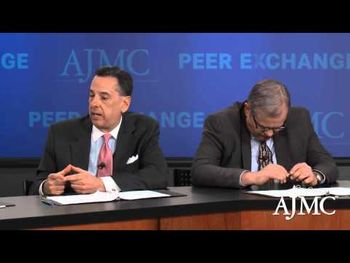
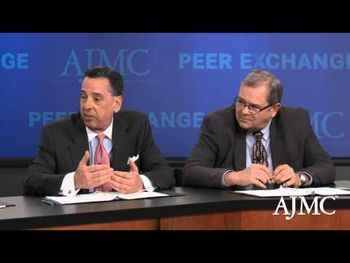
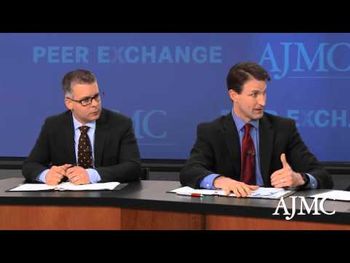
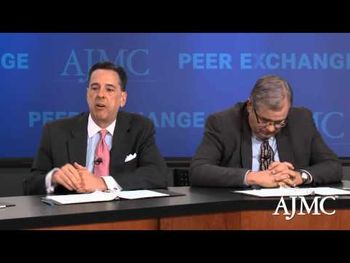
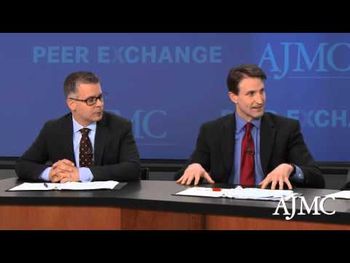
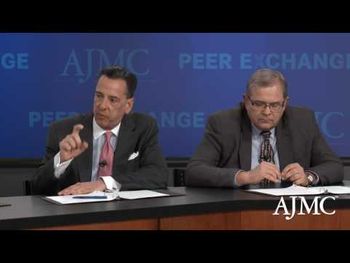
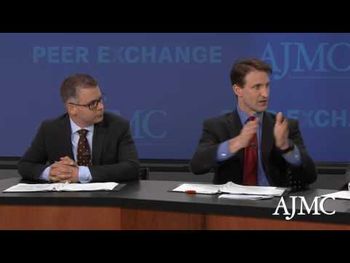
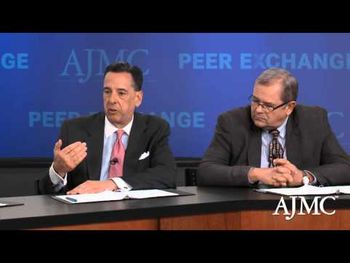
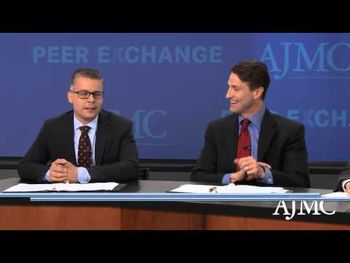
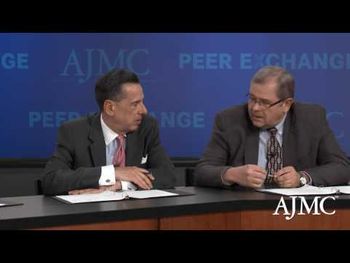
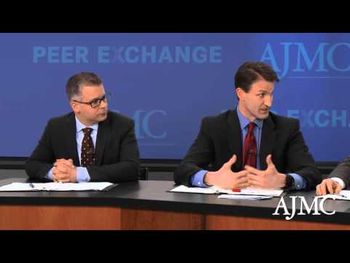
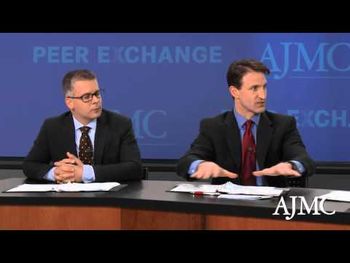
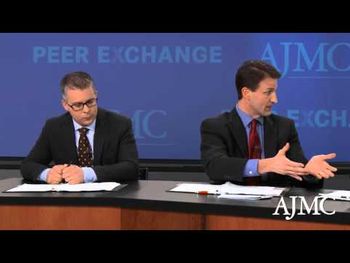
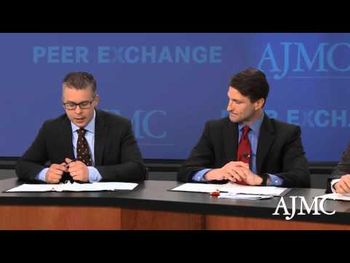
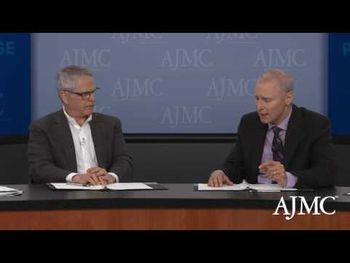
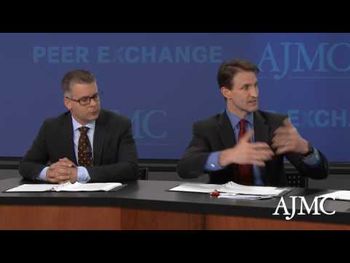
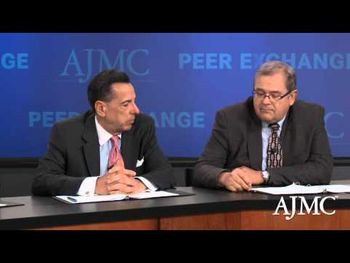
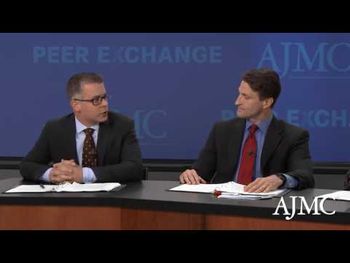
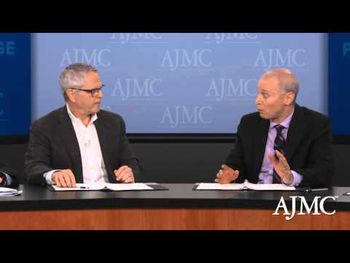
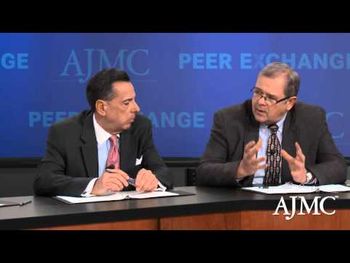
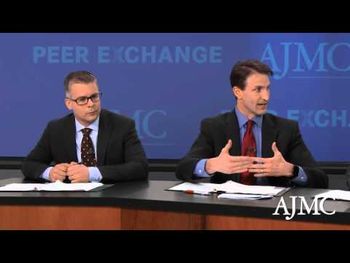
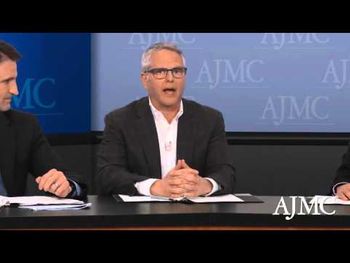

259 Prospect Plains Rd, Bldg H
Cranbury, NJ 08512
© 2025 MJH Life Sciences®
All rights reserved.
